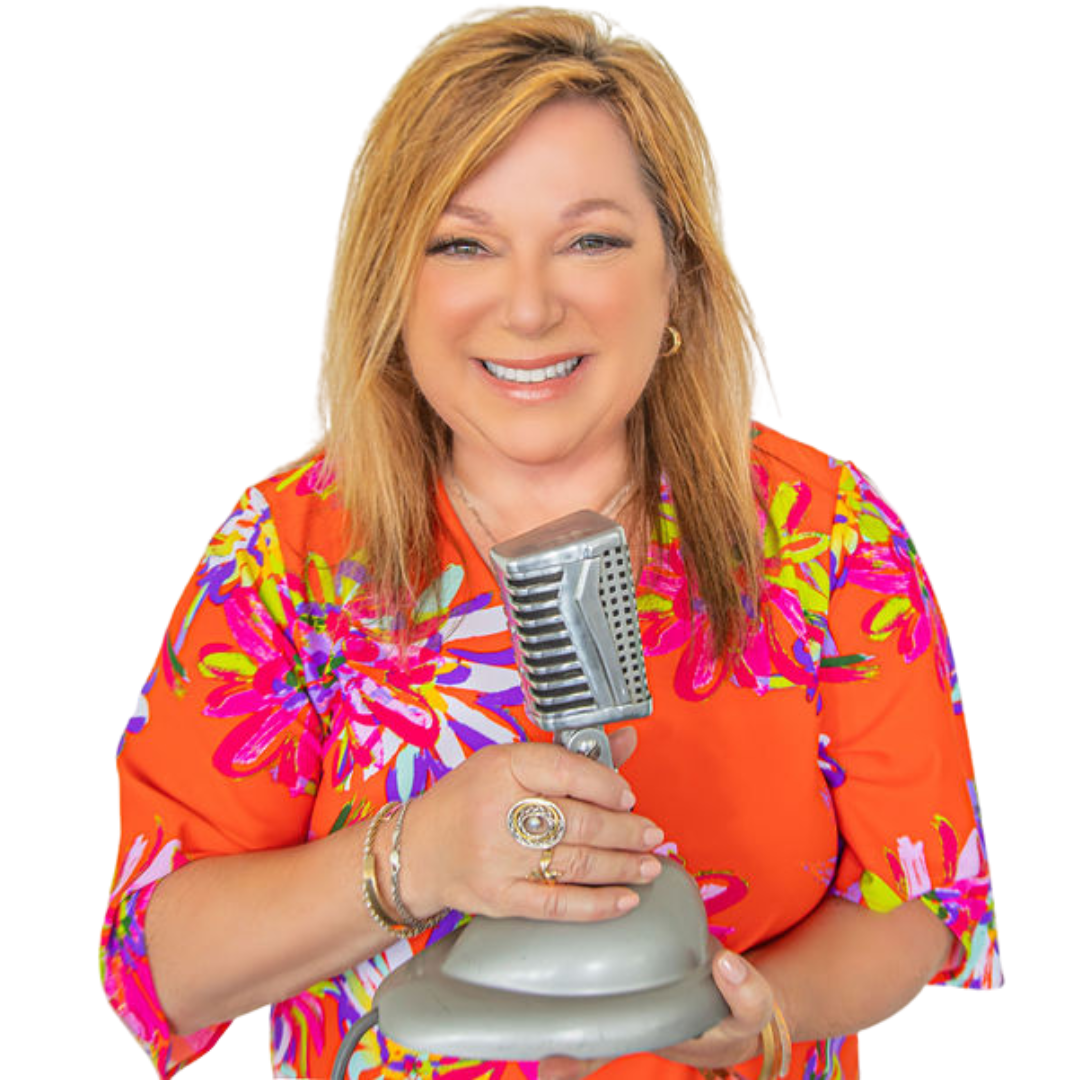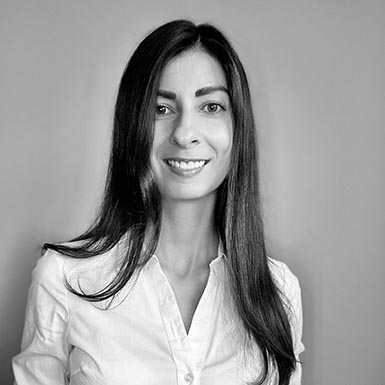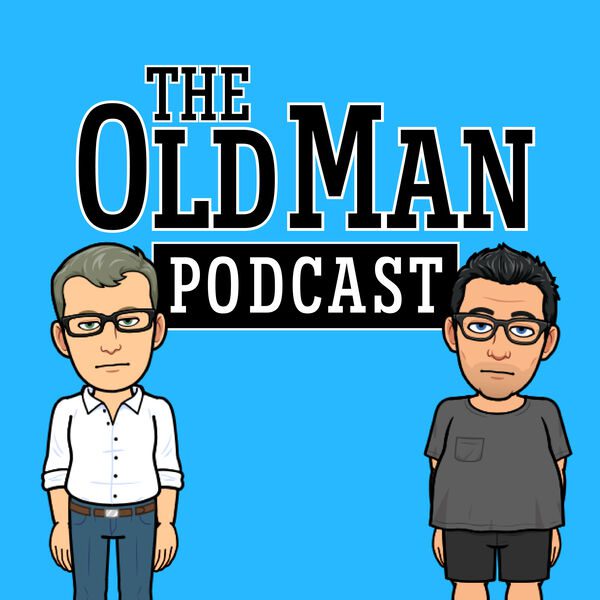Do you have a big ego, if so lose it>
We have survived through our teenage years, and our working years, and have successfully moved into, or are moving into, Retirement. Our egos want to protect us from perceived harm, including the fear of failure. We form ideas early in our lives of who we are, what we want to be, and how to get there. Now, as we retire, we need to lose our ego.
Yes, our ego helped us with self-preservation and self-identity, and influenced our thoughts and actions in ways that protected us from perceived harm. It also shaped our sense of self and our goals. However, our ego can make it difficult to change our beliefs or behaviors when we face the challenges we face in retirement.
Ego plays a central role in shaping our sense of self. Ego is the part of the psyche that mediates between the conscious and unconscious mind, and it organizes and interpreting our experiences. It uses our experiences, cultural and societal influences, as well as our personal beliefs and values to construct a sense of self. It helped create a sense of identity and self-worth, and it helped us to navigate our Relationships with others. The ego also helps us to decide and take action based on our sense of self. It used our beliefs, values, and goals to evaluate our experiences and make judgments about what is in our best interest. However, we are now in uncharted waters, and we should put aside our egos if we want to grow and become be a better person when we retire.
If we hold on to our ego, it can impede excellent decision making. When our ego is overly dominant, it can lead to a narrow and rigid perspective. This can cause us to decide based on our own self-interest, rather than considering the needs of others or the greater good. It can also lead to a lack of self-awareness, which can cause us to make decisions that are not in line with our true values or goals. The ego can cause us to cling to old beliefs, patterns, and habits, which can prevent us from seeing new opportunities or making necessary changes.
When the ego is balanced, it can help us make well-informed and thoughtful decisions. It allows us to be self-aware and consider different perspectives, and make choices based on our values, goals and long-term well-being.
Here are a few steps you can take to ensure that your ego is well-balanced:
Practice self-awareness. Reflect on your thoughts, feelings, and behaviors, and try to understand how they are influenced by your ego. This will help you identify when your ego is impeding excellent decision making.
Challenge your beliefs. The ego can cause us to cling to old beliefs, even when they no longer serve us. Challenge yourself to question your assumptions and consider different perspectives.
Practice humility. Recognize that you do not have all the answers and be open to learning from others. This can help to prevent the ego from becoming overly dominant.
Cultivate empathy. Try to understand the perspectives of others and put yourself in their shoes. This can help to prevent the ego from causing you to make decisions that are not in line with the needs of others.
Develop a mindfulness practice. Mindfulness practices such as Meditation or Yoga can help to reduce Stress, increase self-awareness, and improve emotional regulation.
Seek feedback. Seek feedback from others. This can help you identify areas where you might act out of your ego and make adjustments as necessary.
Engage in activities that align with your values and goals. Engage in activities that align with your values and goals. This can help to keep your ego in check by providing a sense of purpose and fulfillment.
It’s important to keep in mind that there’s no one-size-fits-all approach to balancing the ego and it’s a continuous process of self-reflection and self-improvement.
Originally Published on https://boomersnotsenior.blogspot.com/

























